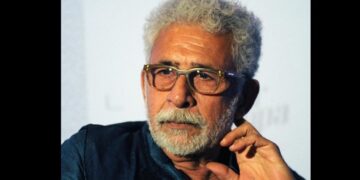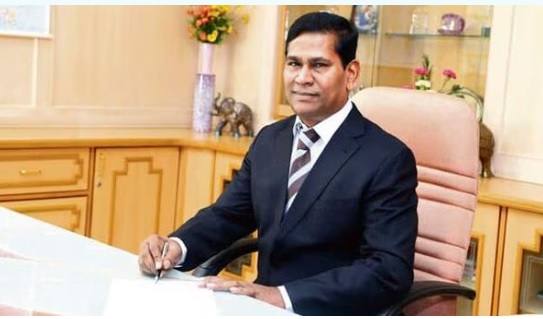New Delhi: Lottery King – the Myanmar-born owner of a little-known Future Gaming and Hotel Services Private Limited donated ₹1,368 crore to political parties from the money earned by selling Nagaland and Sikkim lotteries.
The Election Commission of India (ECI) on Thursday released the list of business entities and individuals that acquired electoral bonds for political contributions, following the State Bank of India’s submission of details prompted by the Supreme Court’s intervention.
Leading the list in terms of donation amount with ₹1368 crore between 2019 and 2024, is Future Gaming and Hotel Services Private Limited, headed by Santiago Martin, widely recognised as the “Lottery King”.
Beyond the numbers lies a compelling story of the company’s ties with the Northeast. Dubbed the “Lottery King,” Martin’s deep-rooted connections to the Northeast are evident from his website.
His journey began humbly as a labourer in Myanmar’s Yangon, eventually leading him back to India in 1988 to establish a successful lottery business across various states, including Nagaland, Sikkim, Manipur, Meghalaya, Mizoram, and even Assam.
However, Martin’s rise to prominence has been marred by legal issues. In 2019, the Enforcement Directorate (ED) launched an investigation into his operations, sparking allegations of conspiracy.
It was reported that Martin illegally retained unsold lottery tickets in Sikkim, allegedly resulting in substantial illicit profits.
Simultaneously, the ED had also filed a prosecution complaint, accusing Martin and others of breaching agreements with states and committing financial irregularities contrary to the Lottery Regulation Act of 1998.
This complaint implicated Future Gaming and Hotel Services, along with 14 other entities, in a complex scheme involving manipulation of lottery data, fraudulent prize claims, and misappropriation of funds meant for state governments.
As investigations unfold and legal battles intensify, revelations about Martin’s electoral contributions shed light on the nexus between politics and business, highlighting the urgent need for transparency and accountability in electoral financing.
In the power corridors of the Northeast, the enigmatic figure of the “Lottery King” symbolises both controversy and connection within India’s political landscape.
Future Gaming was found by Lottery King of India Santiago Martin in 1991.
Santiago Martin had moved most of his business to Karnataka and Kerala after then Tamil Nadu chief minister Jayalalitha had banned lottery in the state in 2003.
Santiago Martin’s Future Gaming operated under a subsidiary in south India, as Martin Karnataka, and in the north-east, it opened Martin Sikkim Lottery. Martin was stated to be the master distributor of Sikkim lotteries.















